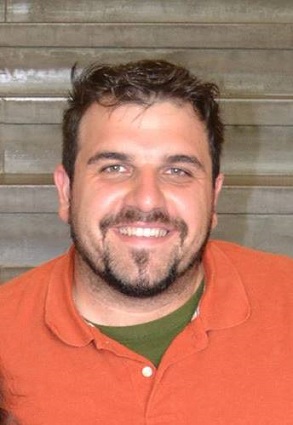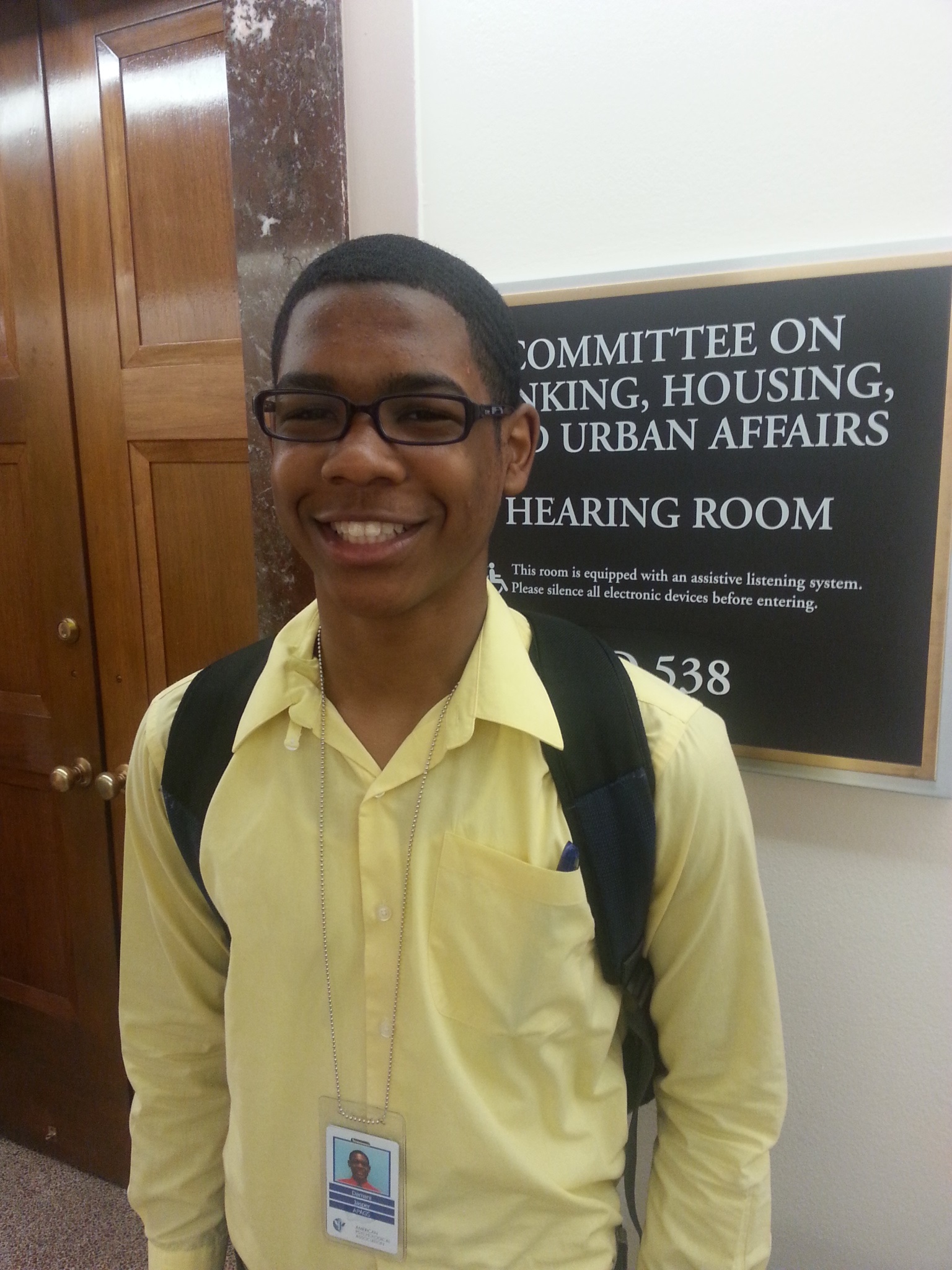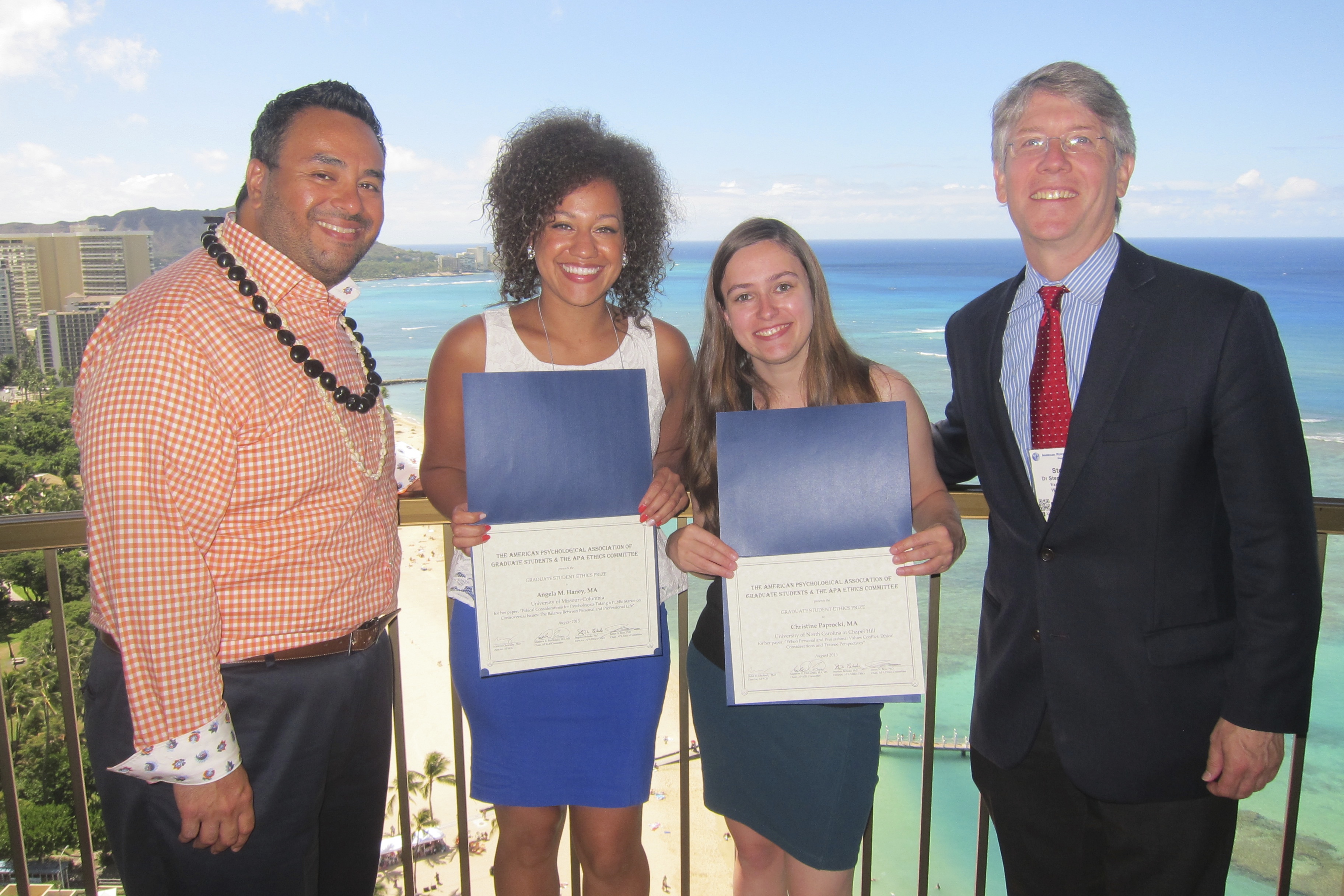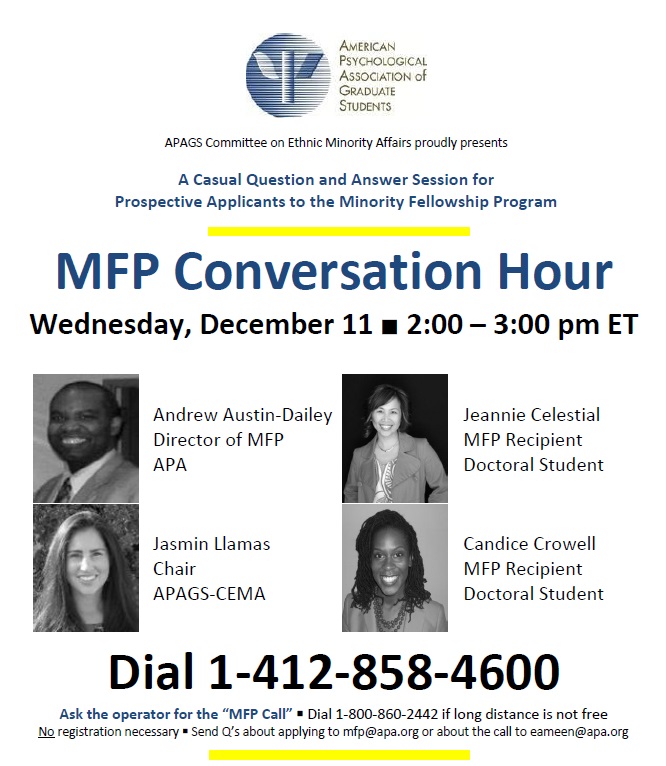This year marks the fiftieth anniversary of President Johnson’s “War on Poverty” yet inequality is at an all-time high in the United States.
Within the field of psychology we continue to perpetuate middle class ideology in terms of clinical practice normed for middle class people, research subject selection, and theory development. Socioeconomic status (SES) as an area of cultural competency lags behind other multicultural areas. The SES literature currently does not even have congruent language for describing SES. Terms such as social economic status, cultural capital, tax bracket, and social prestige–along with others–are used interchangeably to describe and measure a spectrum of social class variables.
Within psychology, we continue to perpetuate middle class ideology.
Empirical issues aside, psychology has many social class issues within its training process. Graduate students have now lost access to their Subsidized Stafford Loans, which pragmatically translates to an $8,500 pay cut for graduate students across the country (prior to 2011, this was the amount allotted to all graduate students for a subsidized loan). Students previously had access to both subsidized and unsubsidized loans and could take out both or either in order to pay for school. Students are now only left with the unsubsidized option, which begins accruing interest the second the loan is taken out.
Students pursuing clinical, counseling, or school psychology continue to take on years of unpaid or underpaid internships and practica while attending school full time. In an era of an internship crisis, the application process has become outrageously expensive with some students spending thousands of dollars between interviewing and relocating. It is reasonable to conclude that those that can afford it are able to apply to more sites, visit more sites, and have in-person interviews, which may be substantively different than ones conducted virtually.
If this was not enough to squeeze psychology grad students, APPIC increased the cost of applying to internship sites this year, a 228% increase for clinical, counseling, or school psychology students applying to 15 potential sites. If you apply to 15 sites ($400) and obtain a match number ($110), you will have spent $510, which does not include travel or other fees. Similar to when affirmative action was struck down in my home state of Michigan, I worry that these financial barriers will continue to exclude individuals from low-income backgrounds from becoming psychologists.
The biggest issue for me as a member of the APA Committee on Socioeconomic Status and former APAGS Regional Advocacy Coordinator is the perpetual silence on this issue from students. The Budget Control Act of 2011 passed with little more than a peep from graduate students across the country.
The biggest issue for is the perpetual silence on this issue from students.
This blog post is an effort to break the silence. As the future of psychology, students need to begin openly discussing social class issues. If you feel strongly, please begin a dialogue about:
- Your own social class story/financial difficulties in graduate school.
- Clinical stories of how your work is impacted by social class variables.
- Discussions of how to incorporate social class into your research.
You can do this by responding to this post, submitting your own story to this blog, or tweeting using the hashtag #StopSkippingClass.


- Kipp Pietrantonio
Editor’s Note: This blog was written by Kipp Pietrantonio, Ph.D. Please visit the Committee on Socioeconomic Status to learn more about efforts at APA to raise awareness of SES.


 Spike Lee: Mind over Matter
Spike Lee: Mind over Matter
 Early research of mine has examined the impact of cognitive function on activities of daily living in older adults with heart failure. Support from APAGS has provided the opportunity to expand upon this line of research to help better understand the association between cognitive function and functional independence in cardiovascular disease patients.
Early research of mine has examined the impact of cognitive function on activities of daily living in older adults with heart failure. Support from APAGS has provided the opportunity to expand upon this line of research to help better understand the association between cognitive function and functional independence in cardiovascular disease patients.
